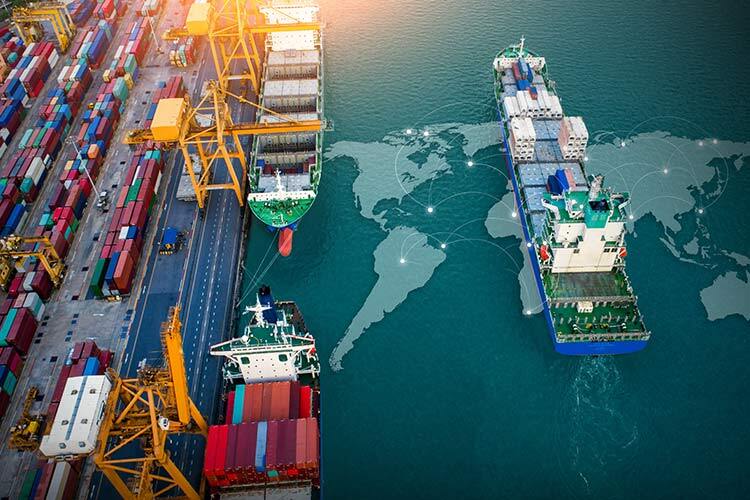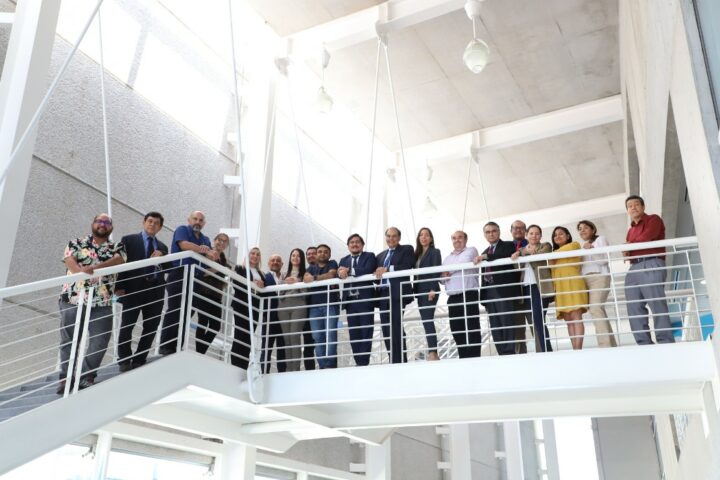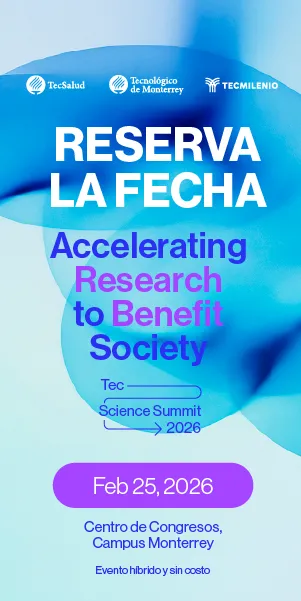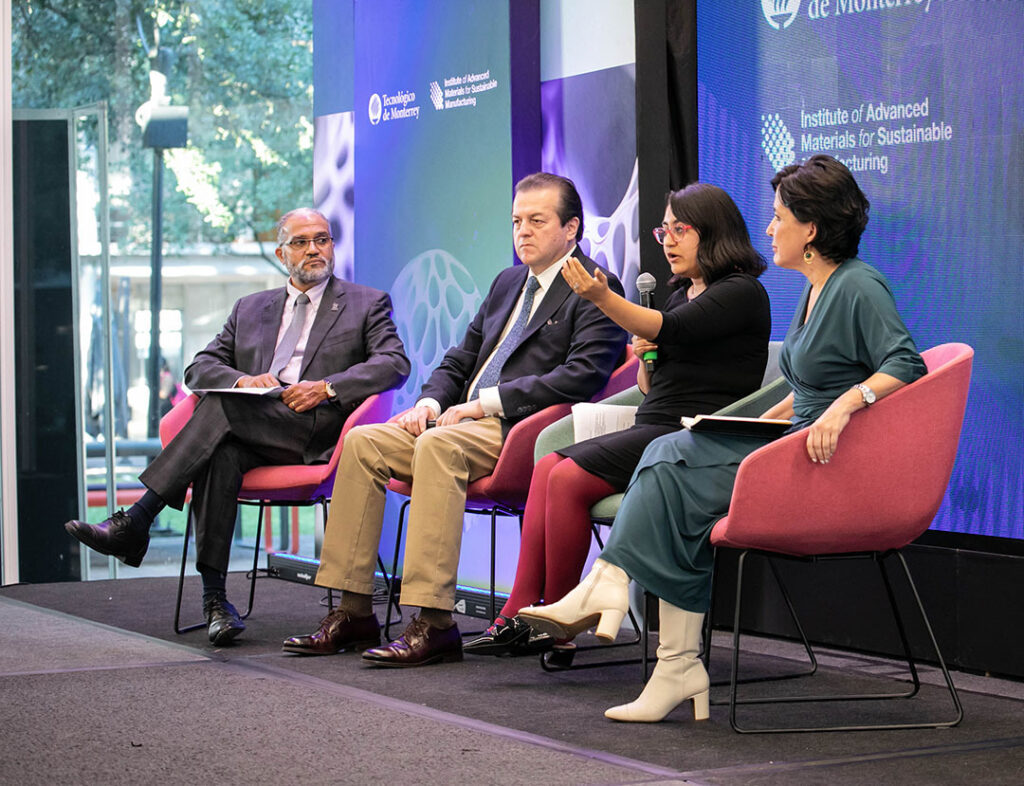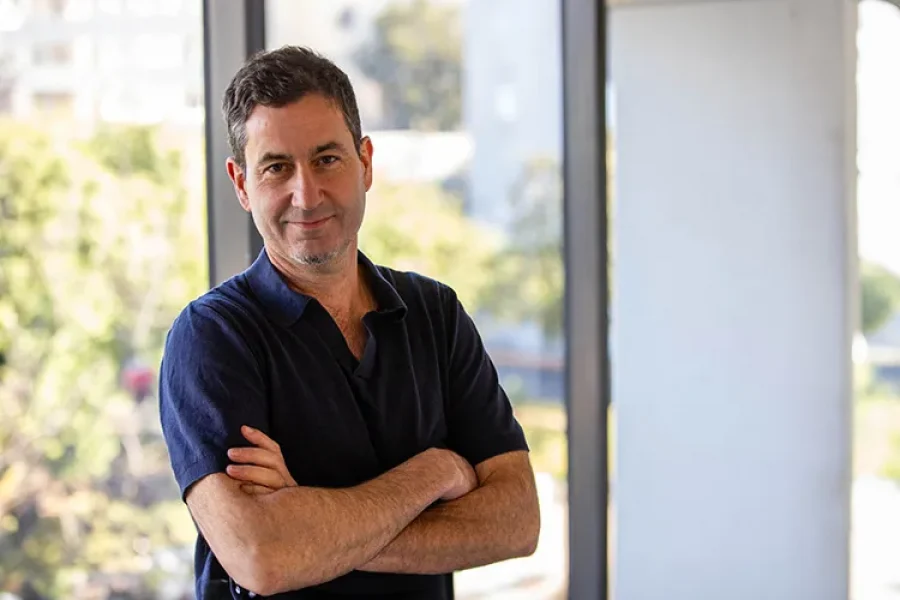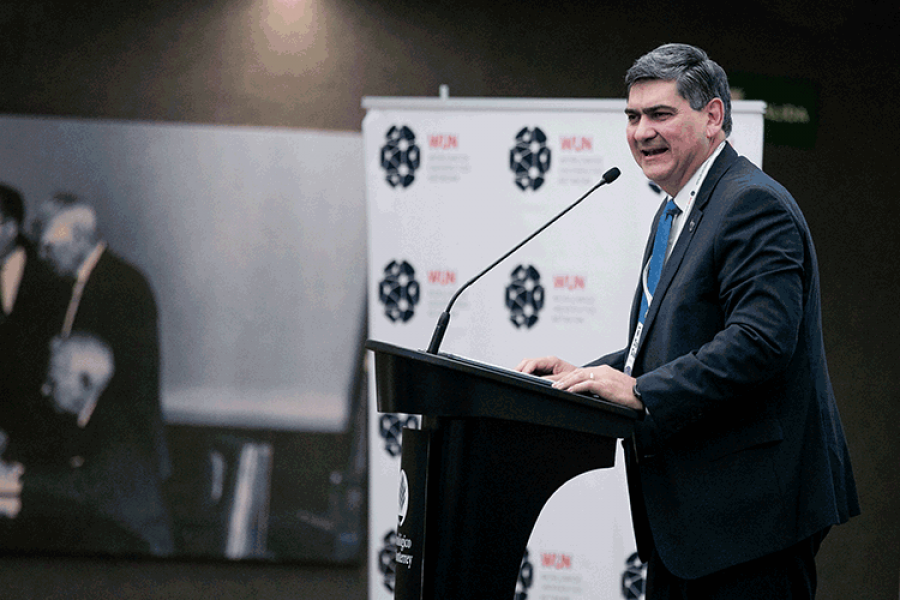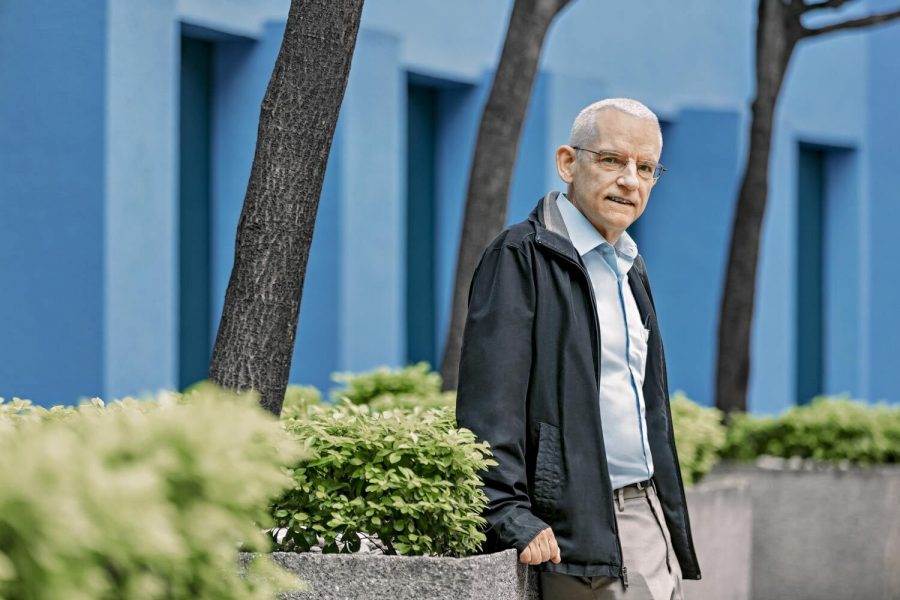During a conversation with the owner of a plastic products company, Rita Fuentes, the interim director of the Institute of Advanced Materials for Sustainable Manufacturing (IAMSM), proposed implementing alternatives using more eco-friendly materials. The businessman’s response caught her off guard: “How much do I need to invest, and what profit will I see? If there’s no regulation forcing me to make the change, I don’t see the need.”
Rita reflected on these words and recognized that such a shift in production processes could pose risks of financial loss for a business. She also considered the opportunities available through public policies and organizations aimed at promoting better practices for more sustainable manufacturing. Especially now, as the country has a significant chance to boost its economy through nearshoring.
The IAMSM is actively engaging in several initiatives to leverage nearshoring, including workshops and an observatory for manufacturing industries, among others.
“It’s crucial to involve public policies that encourage nearshoring alongside the development of sustainable manufacturing technologies,” the director emphasizes.
Nearshoring focuses on strategies to relocate industrial operations closer to the consumer market, meaning shifting factories and manufacturing companies to a neighboring country (as opposed to distant locations like China) where production costs are lower, transportation expenses are reduced, and supply chains can be redefined.
Public Policies to Promote Nearshoring
Through public policies, governments play a vital role in fostering economic growth in a region. These policies also enable the implementation of more sustainable and efficient practices, improving working conditions to make companies more attractive for nearshoring and foreign investment.
“Mexico is positioned as a very appealing destination. We have a strategic location very close to the United States, along with trade agreements and logistical advantages. However, we need to better promote our technological preparedness, leverage trade agreements, and enhance our competitive workforce and industrial infrastructure, while also addressing energy and water issues,” says Rita.
There are large companies making significant strides, Fuentes notes, but small and medium-sized enterprises still require training, innovation, and investment.
Regulations can be introduced, such as economic or tax incentives and certification programs, to make companies more sustainable and appealing. For instance, creating funds to boost research and optimize business processes could prove beneficial.
Additionally, policies that promote education and training for the workforce are essential to ensure the industry has qualified personnel. Encouraging circular economy practices that revalue waste can lead to recycling or repurposing programs, allowing these materials to become raw inputs in other processes.
Rita emphasizes the importance of establishing and implementing sustainability standards, which presents a significant opportunity on a global scale to assess and understand practices across various industries. For example, this includes managing materials, manufacturing processes, and the disposal and reuse of waste.
“Advanced materials play a crucial role in this context due to their use in manufacturing and their ability to meet the demand for sustainability in supply chains—something that is already being pursued, even in the absence of regulations,” she adds.
Within the institute, researchers are exploring technologies and methods to create sustainable and valuable materials through automation, energy reduction, and the reuse or revaluation of waste. They also focus on minimizing pollution and costs for industries.
A Multidisciplinary Effort in Support of Nearshoring
The institute collaborates with the School of Government and Public Transformation (EGOB) at Tecnológico de Monterrey on initiatives that involve industry, government, and academia.
One such program is a monthly workshop focused on nearshoring, organized by the U.S.-Mexico Center at the Baker Institute at Rice Universbity, in collaboration with EGOB and IAMSM.
Another initiative is the Sustainable Manufacturing Industries Observatory (OSMI), which aims to develop a framework to support decarbonization in Mexico’s manufacturing sectors, providing tools for designing public policy proposals for sustainability.
“Public policy opens up many pathways for fostering these relationships; it facilitates a cordial approach to education and generates growth that positively impacts the region, the state, and the country,” emphasizes Fuentes.
Academia can provide the industry with ways to improve products, designs, strategies, and value chains, while the government can incentivize these relationships.
The IAMSM and EGOB are collaborating with environmental and natural resource departments in states like Jalisco, Oaxaca, Querétaro, and Monterrey, among others, to create regulations and promote the use of government funds, in partnership with industries, to address sustainability issues in manufacturing and encourage nearshoring.
For instance, in collaboration with the government of Oaxaca, projects have been initiated to manage waste from coffee production and promote sustainable practices around its cultivation.
“Currently, there are no global standards. The key is to be the first to establish them so they can be replicated later. These initiatives could enable us to capitalize on nearshoring opportunities and position ourselves as a leading manufacturing country in Latin America,” says Fuentes.
Experts Analyze the Implications of Nearshoring
The implications of nearshoring are the central focus of the 3rd International Congress on Advanced Materials hosted by IAMSM, which brings together experts, including representatives from government, industry, and academia.
“The first day is dedicated to discussions on government, academia, and interdisciplinary solutions to the challenges of nearshoring; the second day will focus on research projects in collaboration with other universities,” comments the director.
The event is taking place on October 29 and 30 at the Tecnológico de Monterrey campus.
Were you interested in this story? Do you want to publish it? Contact our content editor to learn more at marianaleonm@tec.mx.
